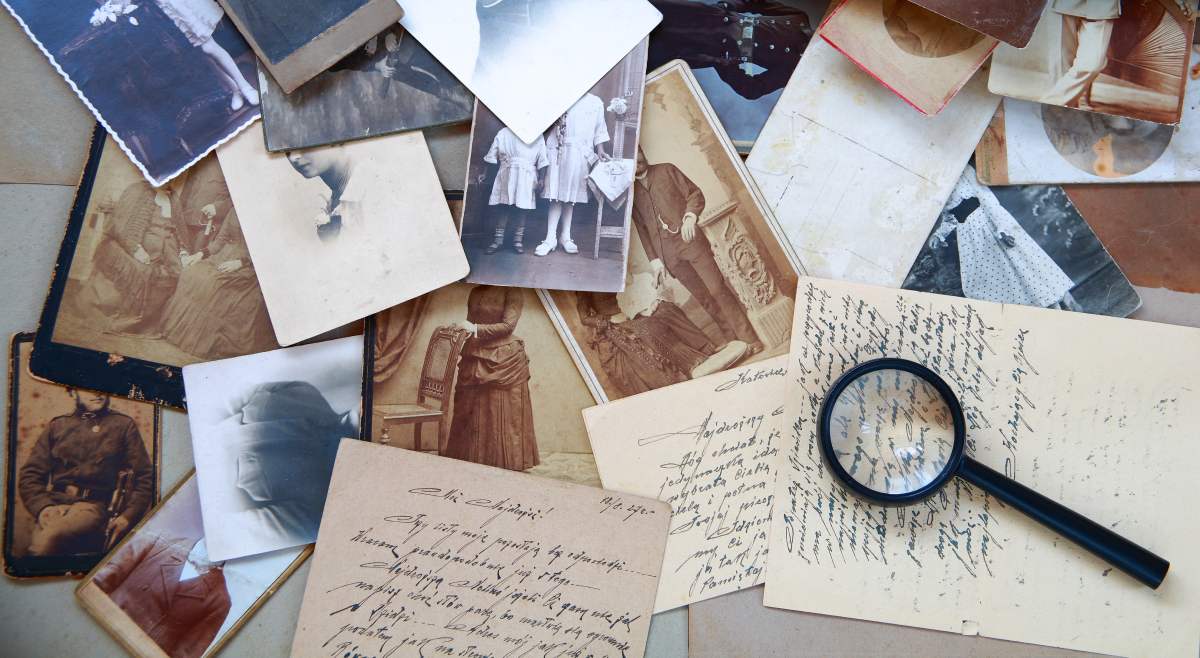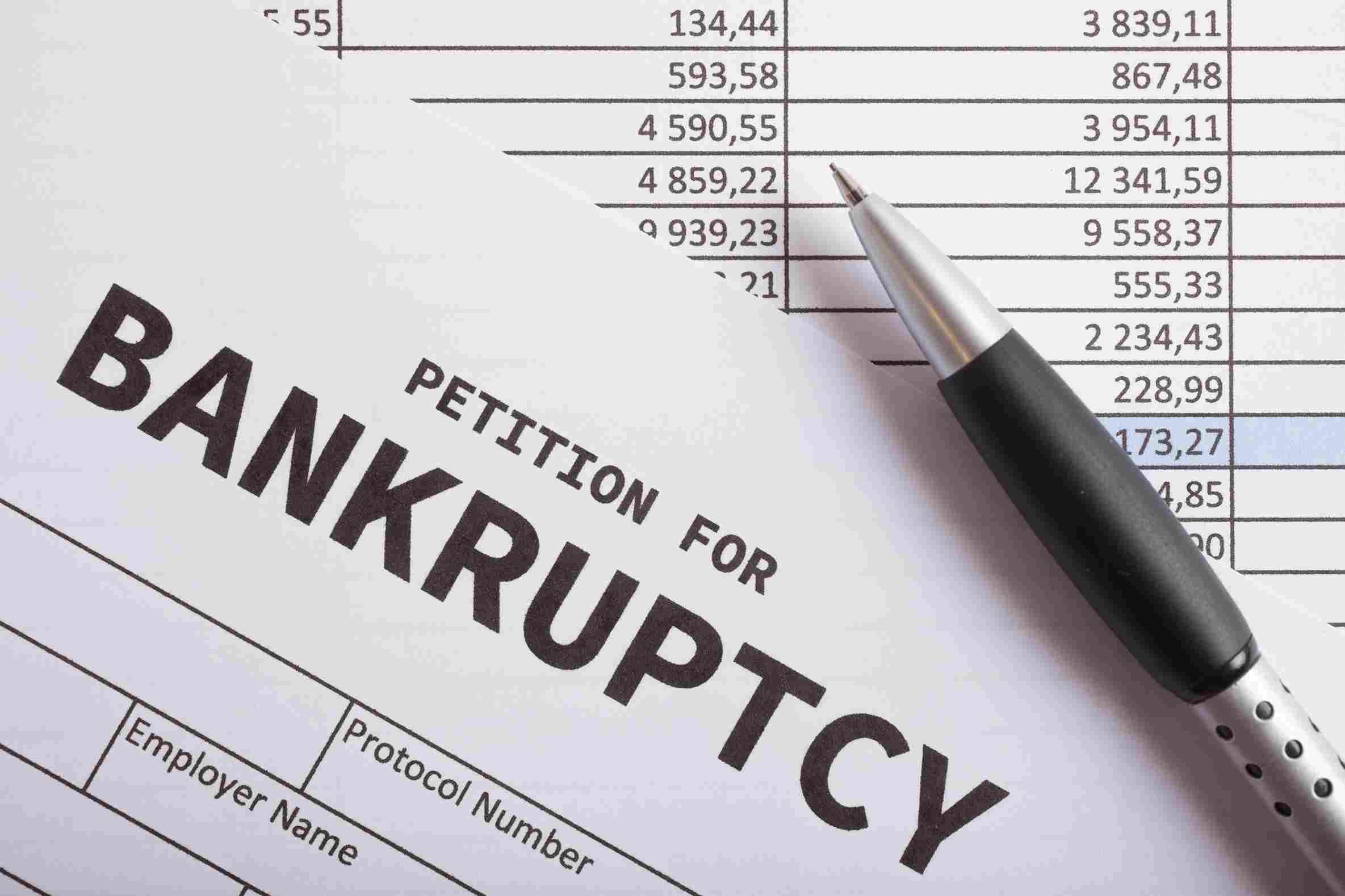
Table of Contents
- What is an executor of an estate?
- Duties and responsibilities of an executor
- Accepting the role as an executor
- What can’t an executor do?
- Differences between an executor and a trustee
- Differences between an executor and a Power of Attorney
- Executor qualifications by state
- How to settle an estate
- What are some disputes that occur with executors?
- Do you get paid to be an executor?
- What's Next?
What is an executor of an estate?
- Testator: The party who created the Last Will and Testament
- Executor: The party selected by the testator to execute the Will after their passing
What is the difference between a personal representative and an executor?
Duties and responsibilities of an executor
| Communicate with beneficiaries | The executor should notify the testator’s loved ones and beneficiaries of their death. The executor will also have to communicate with the beneficiaries following the death to distribute assets and discuss funeral and burial arrangements. |
| Collect and inventory assets | The executor should complete an inventory of the testator’s valuable assets, including real estate, vehicles, jewelry, art, collectibles, and more. This will help accurately estimate the estate's worth so the executor can pay off debts and divide the assets appropriately. |
| File for probate, if necessary | Probate is a legal process that establishes the executor's authority and that the Will is a valid legal document. Though common, not all deaths require probate. Whether you must file for probate is dependent on the following:
|
| Apply for benefits | Collect benefits that do not already have a named beneficiary, such as pension, Social Security, and military benefits, to distribute as the Will dictates. |
| Pay off debts | After the testator’s death, the executor is responsible for settling debts or outstanding bills. Debts must be paid before distributing assets. |
| File tax returns | File the appropriate tax returns and government documents for the deceased and their estate. These include:
|
| Distribute assets | Use the Will to determine whom the assets will be distributed to. |
| Close estate | After completing your duties as an executor, it’s time to close the estate. File all the records and evidence confirming the estate has been accurately distributed, and outstanding debts have been paid. Once the payments are completed, the estate bank account can be closed. |
What is the liability of an executor?
If you are a co-executor, communicate with the other person (or people) to ensure you are all on the same page and can work together when the time comes.
Accepting the role as an executor
- Where the Will is located
- Where essential documents (such as property deeds, marriage certificates, and insurance policies) are located
- If they have designated an alternate executor or co-executor
- Bank account information
- The location of any valuable assets or trusts
- The name and contact information of the beneficiaries
- Funeral and burial preferences
- If a funeral home has been contacted
- If there is a preferred lawyer or accountant to handle the estate
It’s important to note that you do not have to serve as an executor if you’ve been appointed as one. Many reject this role for several reasons, including proximity, stress, and other commitments.
What can’t an executor do?
- Moving assets or managing the estate before the testator dies
- Altering the distribution requests of the testator
- Signing the Will if the testator has not signed it
- Stopping beneficiaries from contesting the Will
Differences between an executor and a trustee
| An executor: | A trustee: |
|
|
|
|
Differences between an executor and a Power of Attorney
| An executor: | An attorney-in-fact: |
|
|
|
|
|
|
Executor qualifications by state
It's essential to follow the testator's wishes regarding specific gifts or property. For example, try to avoid selling gifts unless there are no other assets that can cover debts.
How to settle an estate
Step 1: Find and review the Will
Step 2: Obtain a copy of the death certificate
Step 3: Secure assets
- Conduct an inventory of the items and get an appraisal if needed
- Determine any non-probate assets, including life insurance policies with a listed beneficiary or jointly owned assets with a surviving partner
- Notify beneficiaries as per the testator’s state requirements
- Notify creditors of the executor’s passing
Step 4: Manage finances
Step 5: Pay debts
Step 6: Settle the estate
Step 7: Disperse the estate according to the Will
Step 8: Close the estate
What are some disputes that occur with executors?
- Co-executors: If there are co-executors, conflict can arise between them about how to carry out their responsibilities or if one executor refuses to help make decisions.
- Intrusive heirs: An heir may claim their contents from a deceased person’s home against the deceased wishes. The executor, who is bound by the requests of the deceased, must secure and redistribute the assets.
Do you get paid to be an executor?
- A percentage of the estate, where the executor will get a percentage of the total value of the estate
- A percentage of the transactions, where the executor will receive a commission on the money the estate pays out and receives
- Hourly rate
- Flat fee
- Reasonable compensation based on the size and complexity of the estate


